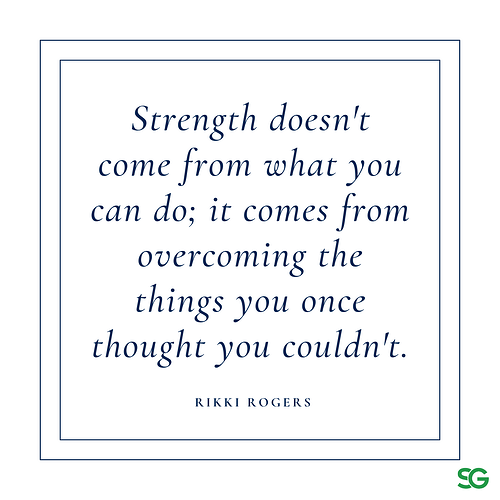We all like quick fixes, we want to Google an issue, follow a few steps and walk away. We are the DIY generation, why call a professional when we have YOUTUBE, we like to fix things on our own and for cheap. This can work from time to time on things like unclogging a drain with a snake (GAG), but when it comes to mental health and addiction, DIYing the problem away isn’t the route to take. Addiction is a complex and challenging issue, whether it’s substance abuse, gambling, or other compulsive behaviors, the grip of addiction can feel suffocating and extremely overwhelming.
However, it’s important to know that recovery is possible, and many people have successfully overcome addiction to lead fulfilling lives. In this blog, we’ll explore the journey of overcoming addiction, including key steps, challenges, and the power of support and self-care.
Understanding Addiction:
Addiction can make you feel like the biggest failure ever, but addiction is really a chronic brain disorder, it messes up the pleasure and reward centers of our brain, so we crave the addiction and become dependent on it, leading to a cycle of destructive behavior. Common substances and behaviors associated with addiction include alcohol, drugs, gambling, food, and technology.
Key Steps in Overcoming Addiction:
Acknowledgment and Acceptance:
- The first step in overcoming addiction is acknowledging that there is a problem and accepting the need for change. This can be difficult but you have to acknowledge you have an issue for recovery to occur.
Seeking Professional Help:
- Recovery from addiction often requires professional guidance and support. This may involve consulting a therapist, counselor, or addiction specialist who can assess what you are dealing with, provide a personalized treatment plan, and offer therapeutic support.
Commitment to Recovery:
- Recovery is a lifelong commitment, it is not a weekend affair, this is something you will have to be dedicated to for the rest of your life. This includes adhering to treatment plans, attending therapy or support groups, and making lifestyle changes to support sobriety and healthy behavior.
Building a Support Network:
- Having a strong support network is essential in overcoming addiction. This may include family members, friends, and support groups (like the one you are in now!).
Challenges in Overcoming Addiction:
Overcoming addiction is not without its challenges. Some common obstacles include:
Withdrawal Symptoms:
- Withdrawal symptoms can be intense and challenging to manage, especially during the early stages of recovery. These symptoms may vary depending on the substance or behavior involved but can include cravings, anxiety, depression, and physical discomfort.
Triggers and Temptations:
- Triggers are cues or situations that can prompt cravings and relapse. It’s important for individuals in recovery to identify their triggers and develop coping strategies to avoid or manage them effectively.
Psychological and Emotional Struggles:
- Addiction often coexists with underlying psychological and emotional issues such as trauma, depression, anxiety, or low self-esteem. Addressing these issues through therapy and self-reflection is essential for long-term recovery.
The Power of Support and Self-Care:
Support and self-care are so important when it comes to overcoming addiction. Here are some strategies:
Lean on Your Support Network:
- Stay connected with supportive friends, family, and peers who understand your struggles and offer encouragement and empathy.
Practice Self-Compassion:
- Be kind to yourself throughout the recovery process. Recognize that setbacks will occur, they are not failures, but steps in the process.
Prioritize Self-Care:
- Engage in activities that promote physical, mental, and emotional well-being, exercise, join a sports team, learn to knit, pick up some art supplies, don’t allow boredom or moments of weakness derail your sobriety.
Stay Committed to Your Goals:
- Set realistic goals and milestones for your recovery journey. Celebrate achievements, no matter how small, and stay focused on your long-term well-being.
Overcoming addiction is a profound and transformative journey that requires courage, resilience, and support. By acknowledging the problem, seeking professional help, committing to recovery, and prioritizing self-care, you can achieve sobriety. Recovery is possible and you are not alone on this journey.
-All the best,
SG
